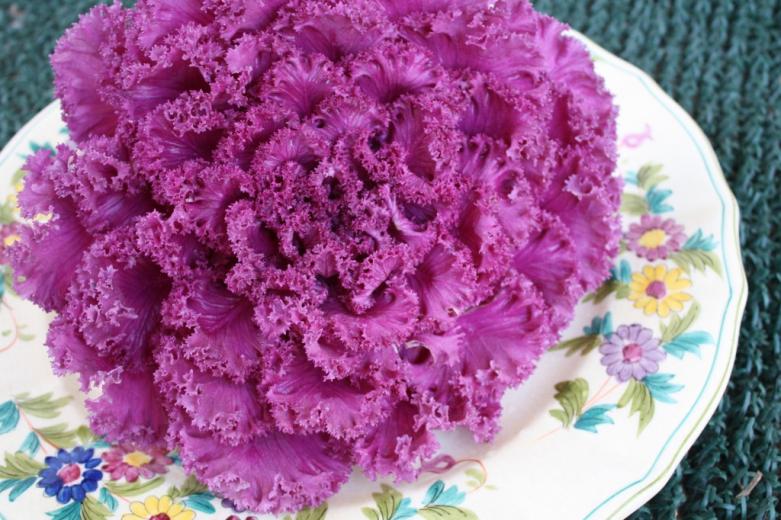Kale: Superfood to the Rescue!
Kale is one of the hip superfoods mentioned in the news and food blogs quite often. Research has shown that it is incredibly rich in vitamins and minerals that help you improve eye health and reduce your risk of heart disease and a variety of cancers. Kale has been around for 2,000 years and is not as “new” as it seems.
History
If you pay attention to food news and blogs, it seems that kale is a new, trendy foodie vegetable. However, kale, a descendent of the wild cabbage, has been around for 2,000 years. Historians believe kale originated in Asia Minor and was brought to Europe around 600 B.C. by Celtic wanderers. The ancient Greeks and Romans grew several kinds of kale, and Romans brought the vegetable to Britain and France. Curly kale, in particular, was grown and consumed significantly by peasants in the Middle Ages. English settlers introduced the vegetable (called coleworts back then) to the United States in the 17th century.
Superfood to the Rescue!
Without enough anti-inflammatory nutrients, the body’s inflammatory system can become compromised and experience chronic inflammation. The combination of chronic inflammation and oxidative stress increase the body’s risk for developing cancer. Oxidative stress can lead to an increased risk of cataracts, atherosclerosis, chronic obstructive pulmonary disease, and cancer.
One cup of cooked kale has only 34 calories and 1,062 micrograms of the antioxidant vitamin K, which is 1,327% of a person’s daily value. It has the most vitamin K compared to every other produce. Vitamin K is a key nutrient in regulating our bodies’ inflammatory process and maintaining bone health.
According to WH Foods, kale has an extraordinary mix of cancer-preventing glucosinolates, which, when digested, will be converted by the body into cancer preventing compounds called isothiocyanates. Ongoing research has shown that kale plays a big part in lowering the risk of cancer of the breast, bladder, colon, ovary and prostate.
Kale also has an unusual concentration of carotenoids and flavonoids, two types of antioxidants that are key ingredients in protecting our bodies from oxidative stress. Additionally, the superfood is great for the eyes! It is rich in lutein and zeaxanthin, compounds that are essential for good eye health.
Other vitamins and minerals in kale include vitamins A, C, E, B6, B1, B2, B3, manganese, copper, tryptophan, calcium, potassium, iron, magnesium, folate, and phosphorous.
Enjoy this delicious superfood in a variety of dishes. It is a versatile vegetable that is delicious in salad, stews, stir-fry, soups and casseroles. An easy and delicious snack is baked kale chips. It’s easy to make, crispy and delicious!
Article by Heather Teoh


